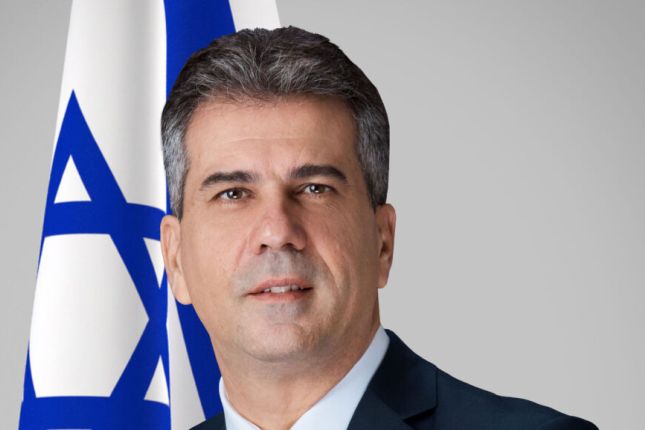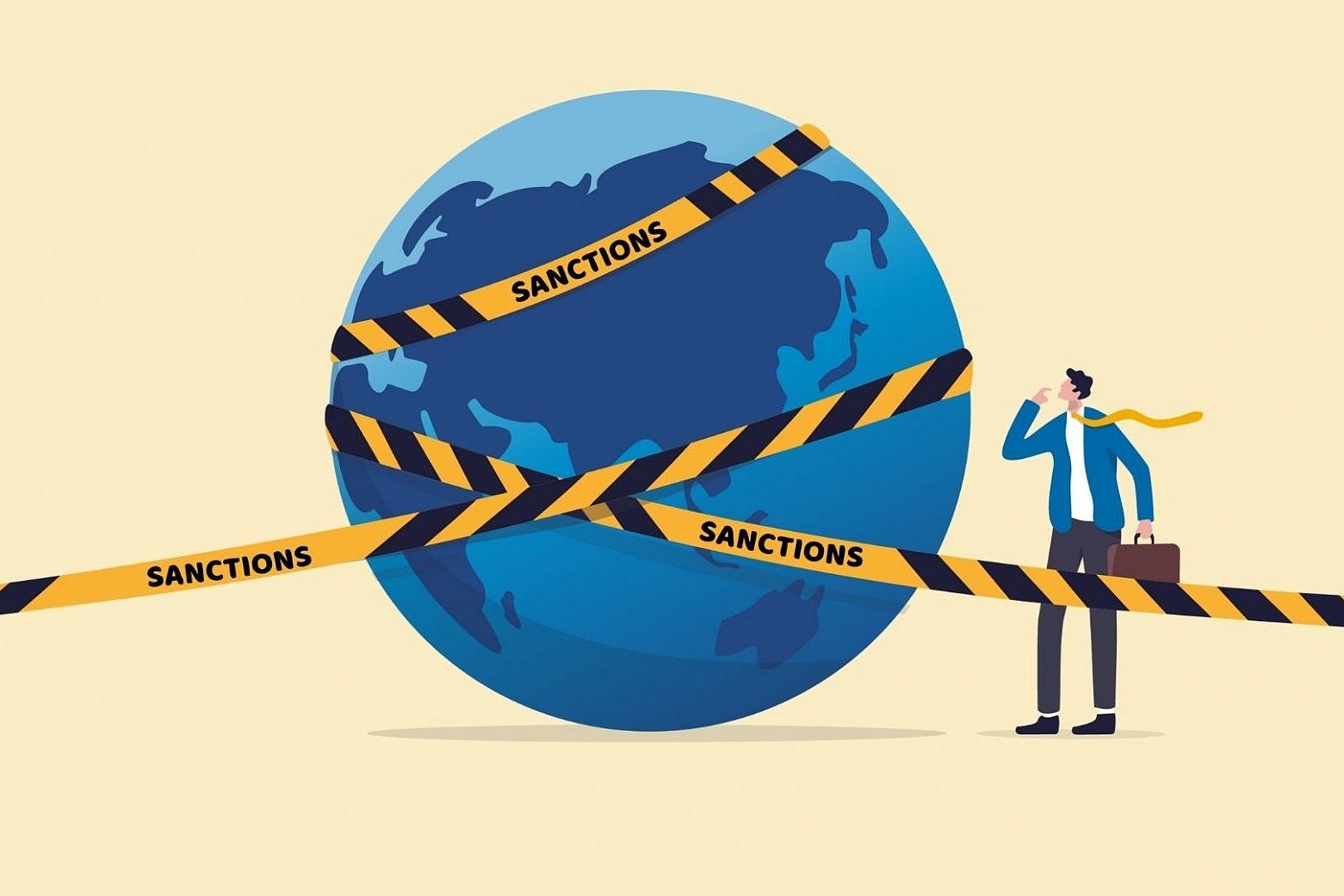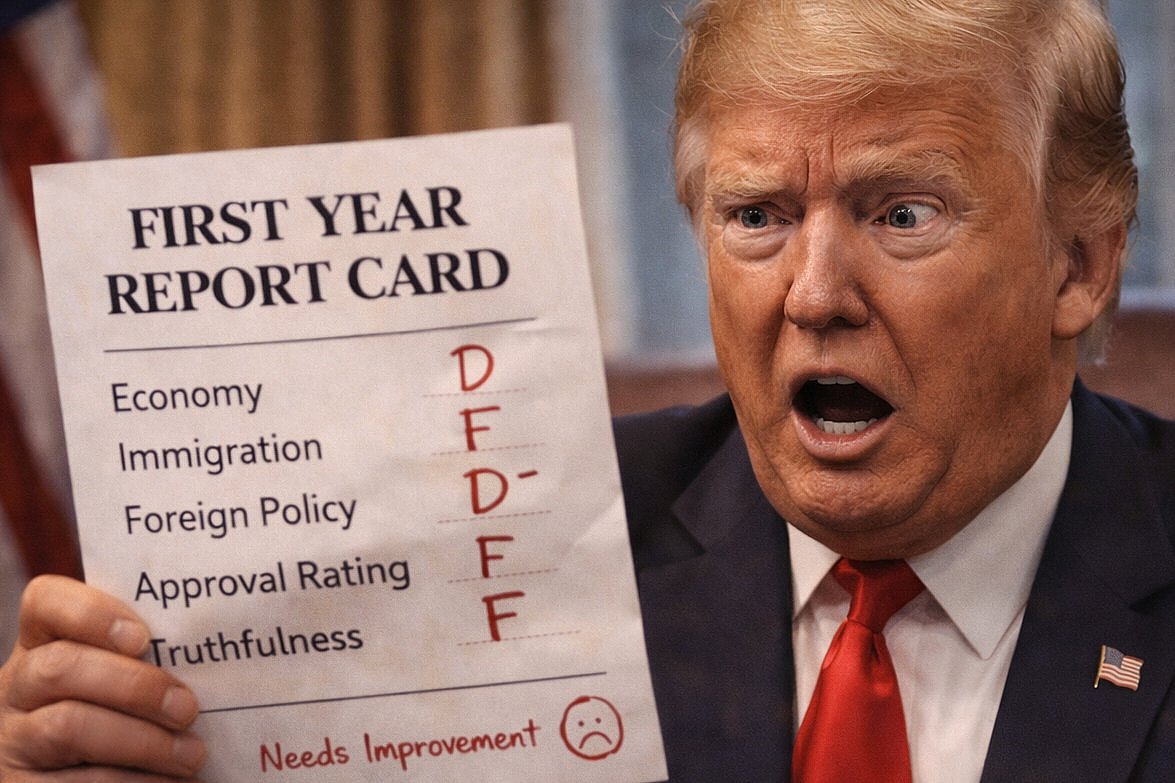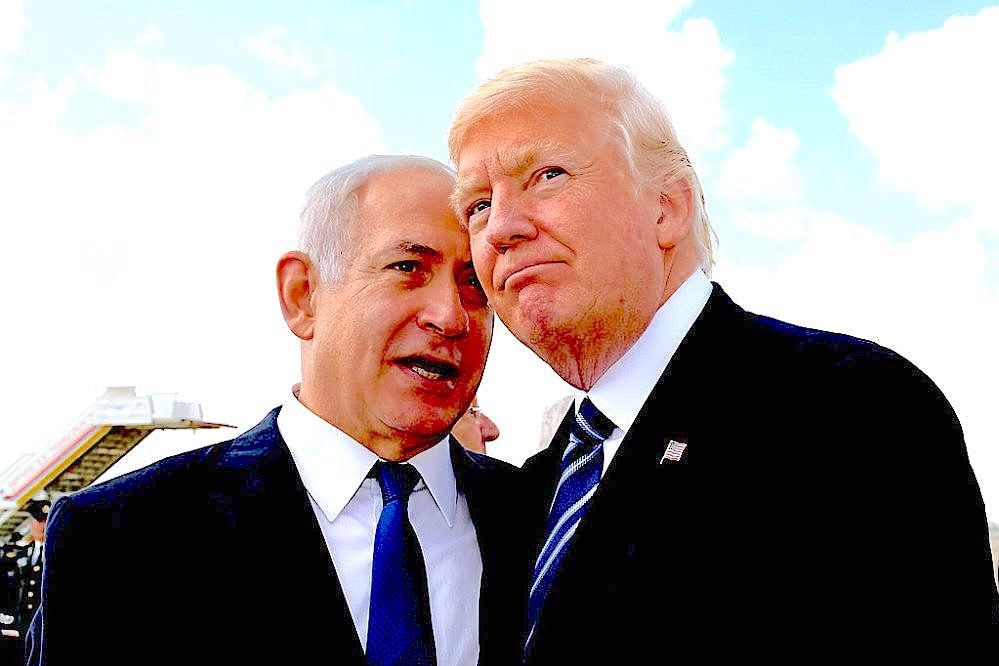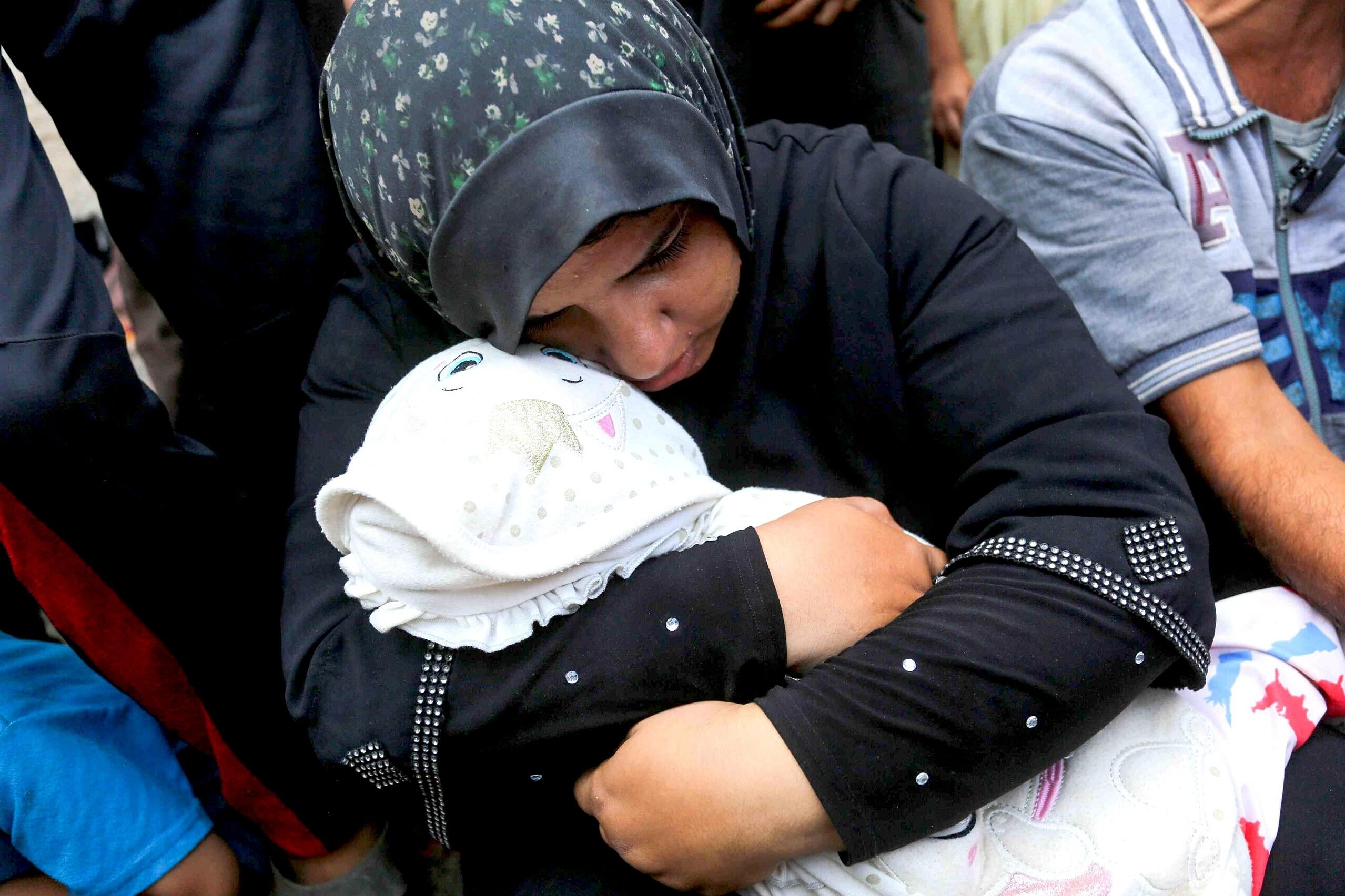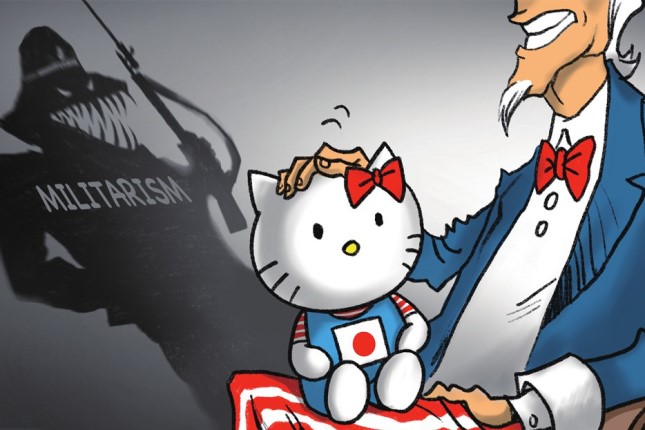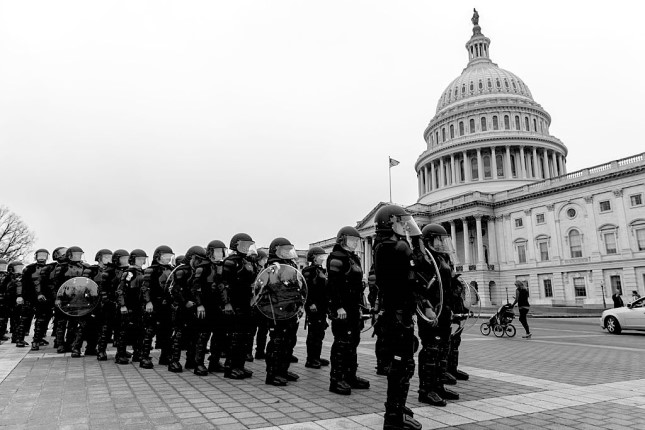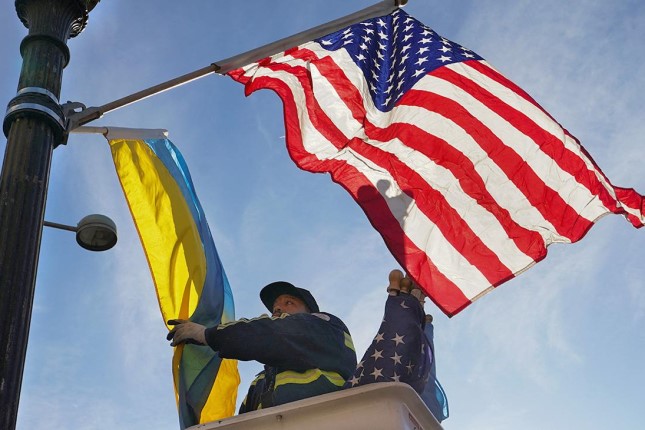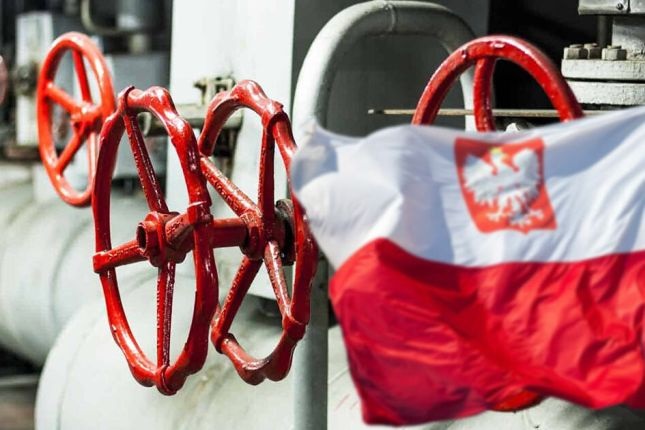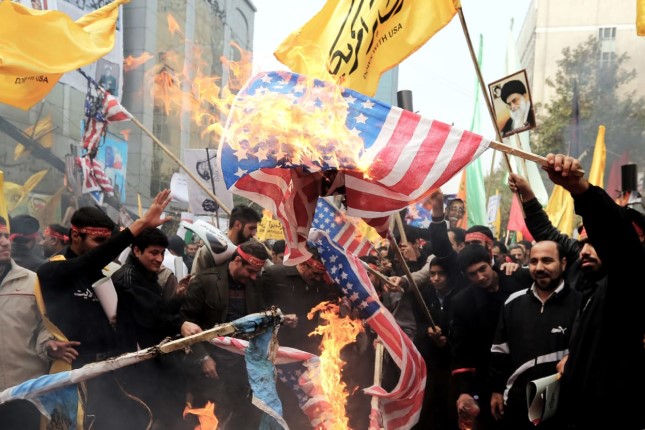Libya is experiencing more political turmoil with rare popular demonstrations witnessed in different parts of the country on Sunday following reports that the Tripoli-based Government of National Unity (GNU) was attempting to normalize relations with Israel.
Protesters in cities such as Al-Zawiya, Tajoura and Tripoli, among other places, blocked roads and burnt the Israeli flag while shouting slogans against the GNU and Israel. Some of the protesters stormed the foreign ministry office in Tripoli.
The protesters [who continued demonstrations on Monday] expressed solidarity with Palestine and warned that if the government goes ahead with the so-called normalization, they will escalate their protests and block the railways, Al-Mayadeen reported.
Breaking News: Angry protests continued in the Libyan capital and other cities in the western region for the second night demanding the overthrow of the Government of the National Unity over the meeting of Foreign Minister Najla Al-Mangoush with her Israeli counterpart Eli Cohen. pic.twitter.com/dCaCrK6nr8
— The Libya Observer (@Lyobserver) August 28, 2023
A large number of Libyans also took to social media to oppose such a move, calling it a "betrayal" of the Palestinian cause and wider Arab solidarity.
On Sunday, Israel’s Foreign Minister Eli Cohen claimed that he had met with Najla Mangoush, the foreign minister under the Abdul Hamied Dbeibah-led GNU, during a meeting hosted by the Italian foreign minister in Rome last week.
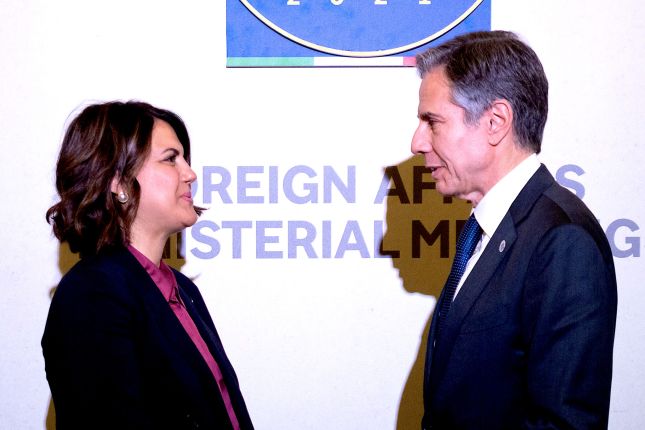
June 29, 2021: Libyan Foreign Minister Najla Mangoush with U.S. Secretary of State Antony Blinken in Bari, Italy. / State Department, Ron Przysucha, Public domain
Facing protests, the GNU foreign ministry issued a statement saying that Mangoush denied meeting Cohen with the intent to normalize relations with Israel. It claimed that Mangoush had attended an informal gathering hosted by the Italian foreign ministry where Cohen was also present and that the meeting was unplanned and casual in nature.
The statement added that Libya rejects any idea of normalization of relations with Israel and completely stands by the Palestinian cause.
Strong Reactions
Mohammed Menfi, the leader of Libya’s interim Presidential Council, met Dbeibah and asked his government for an explanation regarding the alleged meeting, al-Wasat reported.
Khaled al-Masri, former head of Libya’s High Council of State which backs the GNU in Tripoli, said that the government has now "crossed all prohibited lines and must be brought down."
A 1957 law in Libya defines any kind of dealing with the Israeli state as a punishable offence.
The Libyan Parliament, which is based in Tobruk and backs the rival government in Sirte, called for an emergency session on Monday to discuss Mangoush’s meeting with Cohen, calling it a "crime committed against Libyan people."
Responding to the strong reactions, Prime Minister Dbeibah announced the suspension of Foreign Minister Mangoush and the establishment of an inquiry into the affair on Sunday, which will be concluded in three days.
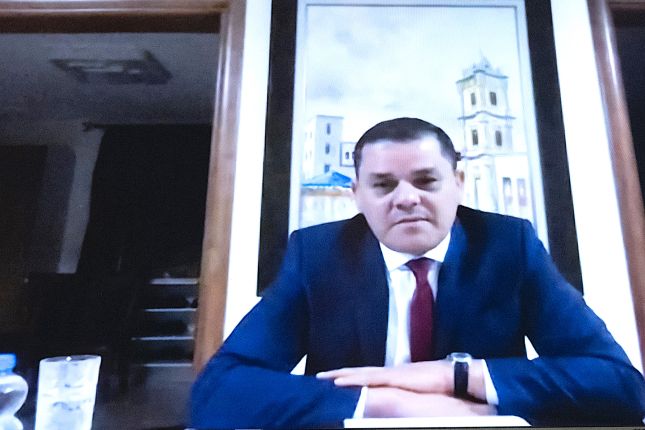
Dbeibah on a video link with a U.N. forum in February 2021. / UN Photo. Jean Marc Ferré
Libya is a signatory to the Arab League’s "Peace Initiative" which was formulated in 2002 and lays down conditions for normalization of relations with Israel. Its signatories vowed against normalizing relations with Israel until Palestinians get the right to self-determination.
However, despite the Arab Peace Initiative, four Arab countries —Bahrain, the U.A.E., Sudan and Morocco — have recently normalized their relations with Israel after signing the so-called Abraham Accords.
Main Photo: Israel’s Foreign Minister Eli Cohen. © Ofir Abe, Wikimedia Commons, CC BY-SA 4.0
Source: Consortium News.
